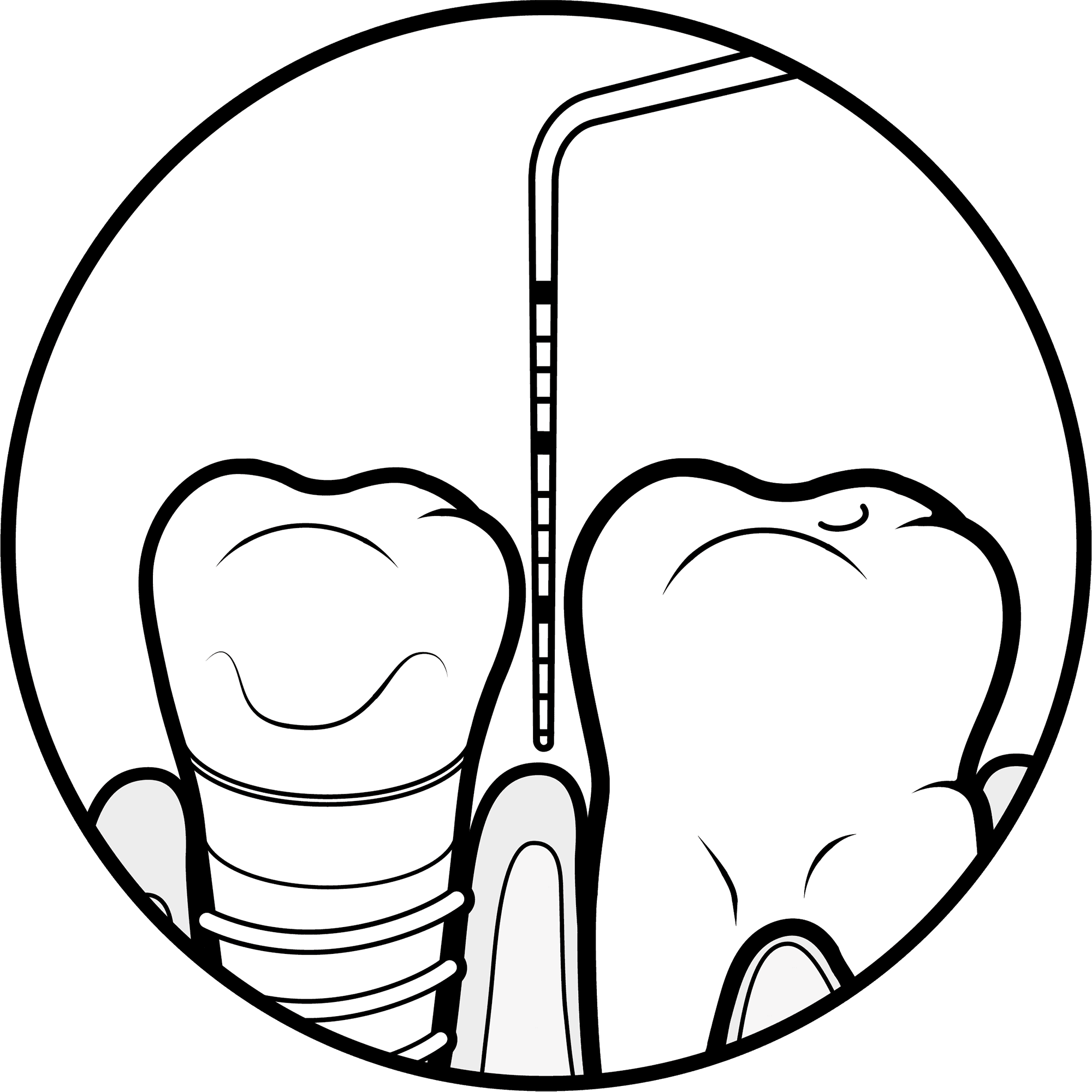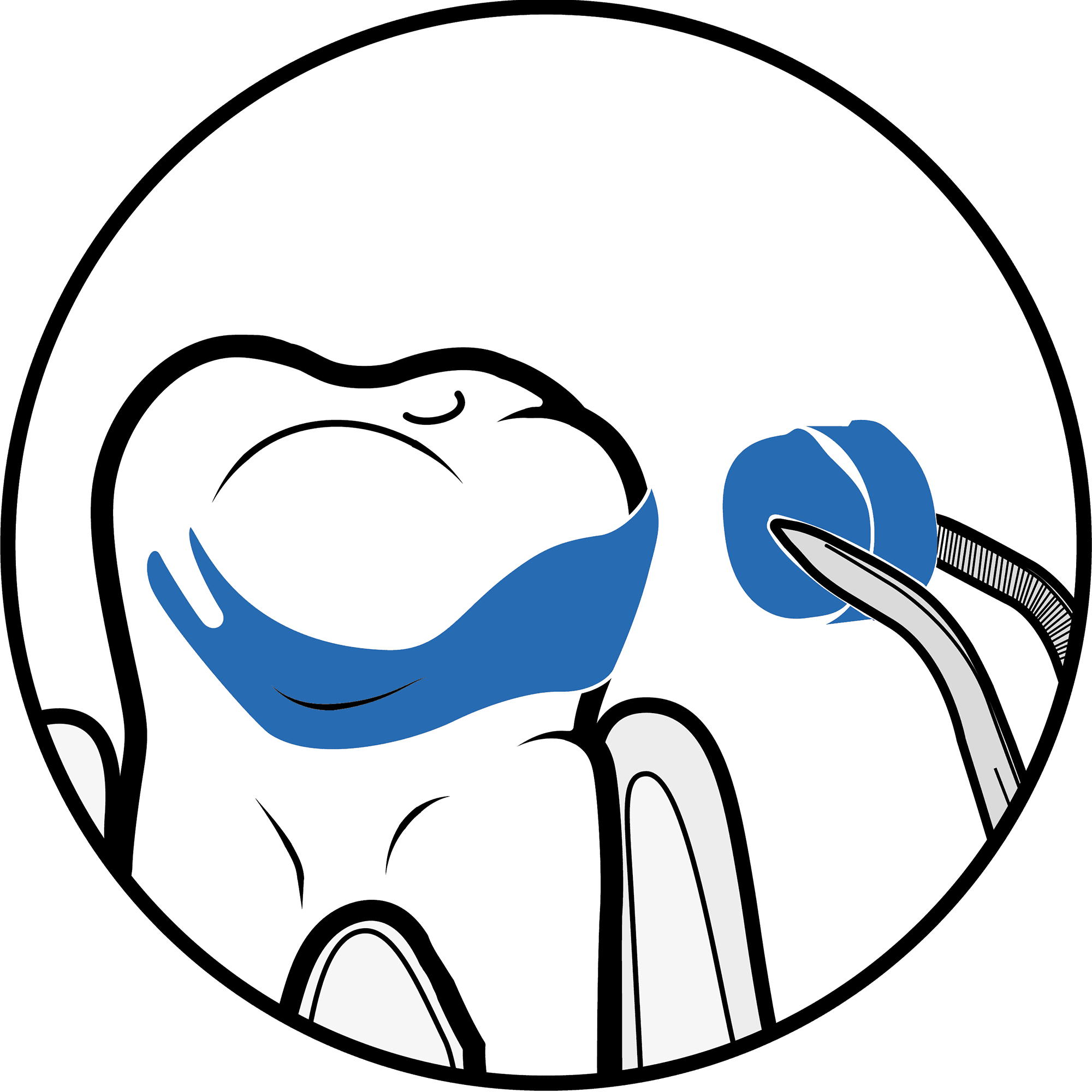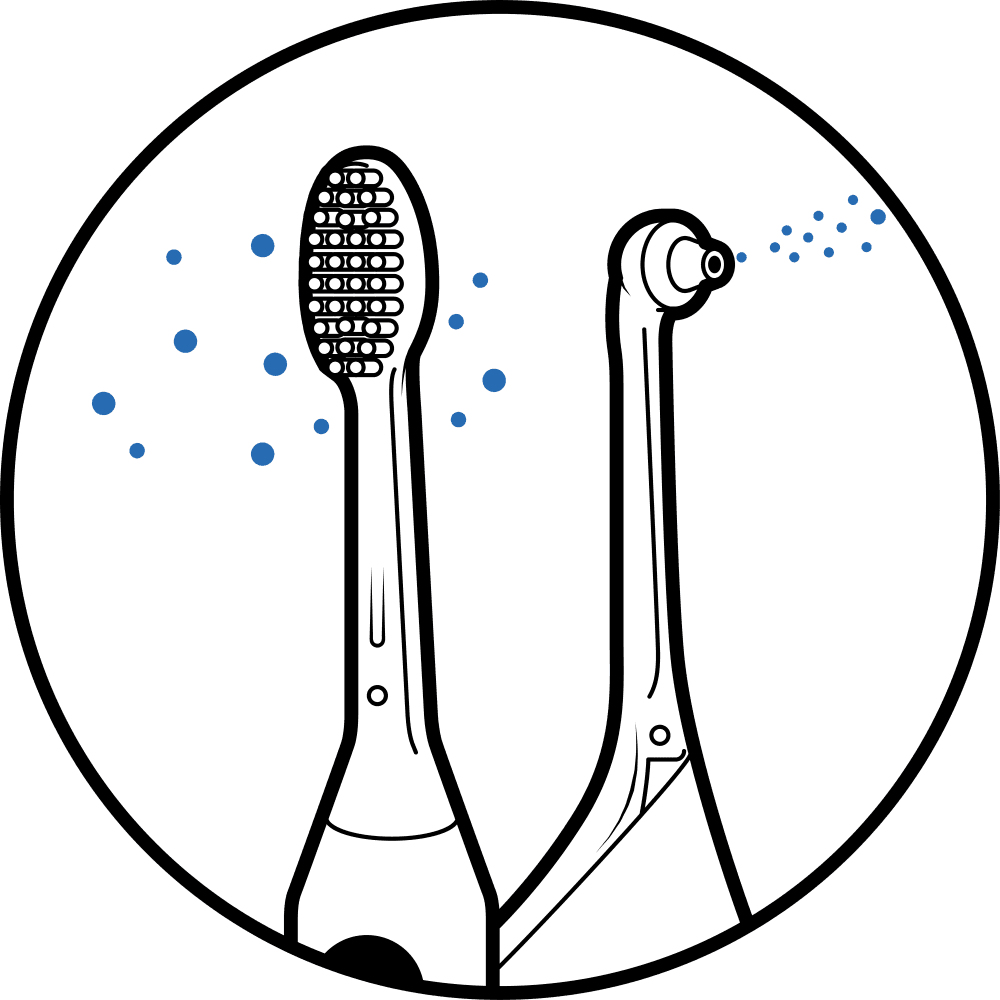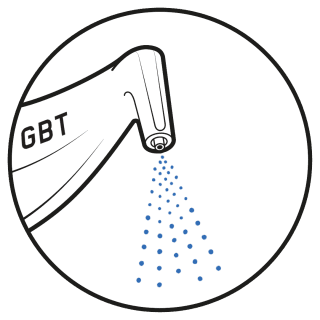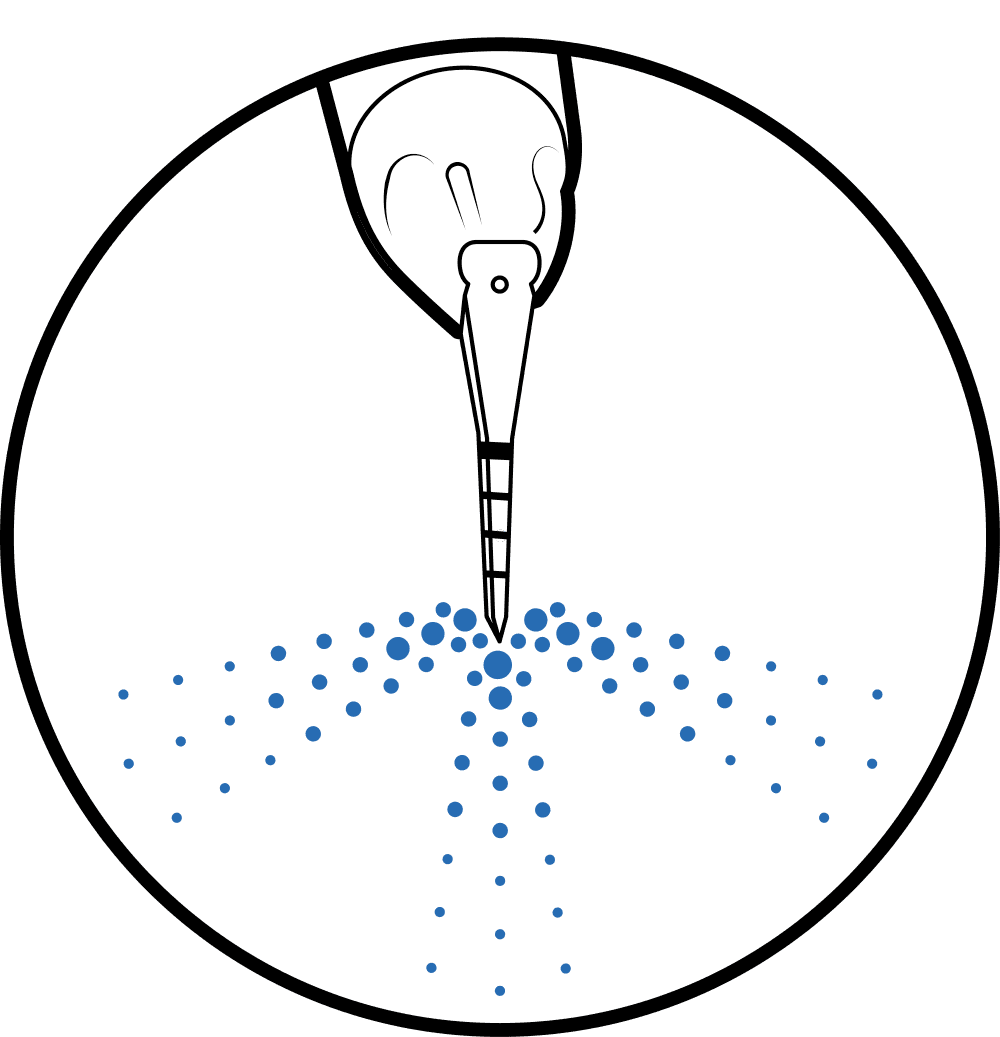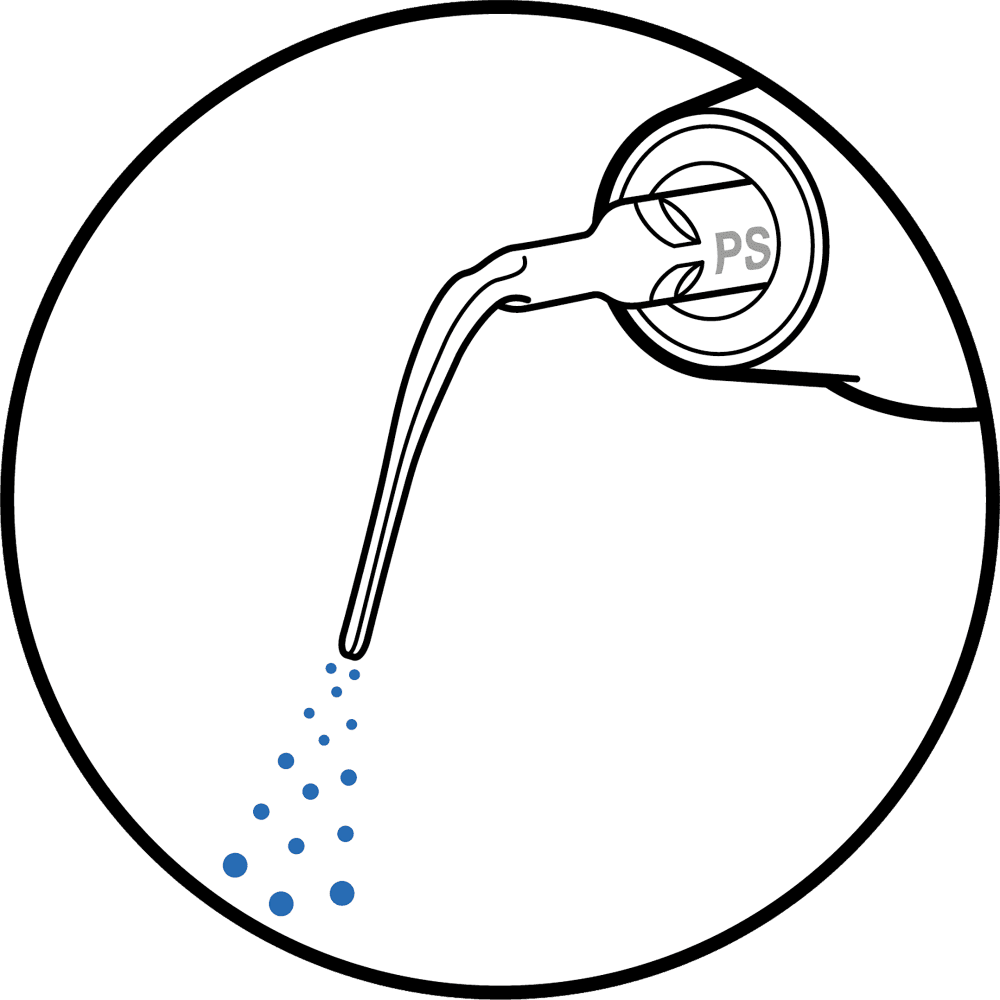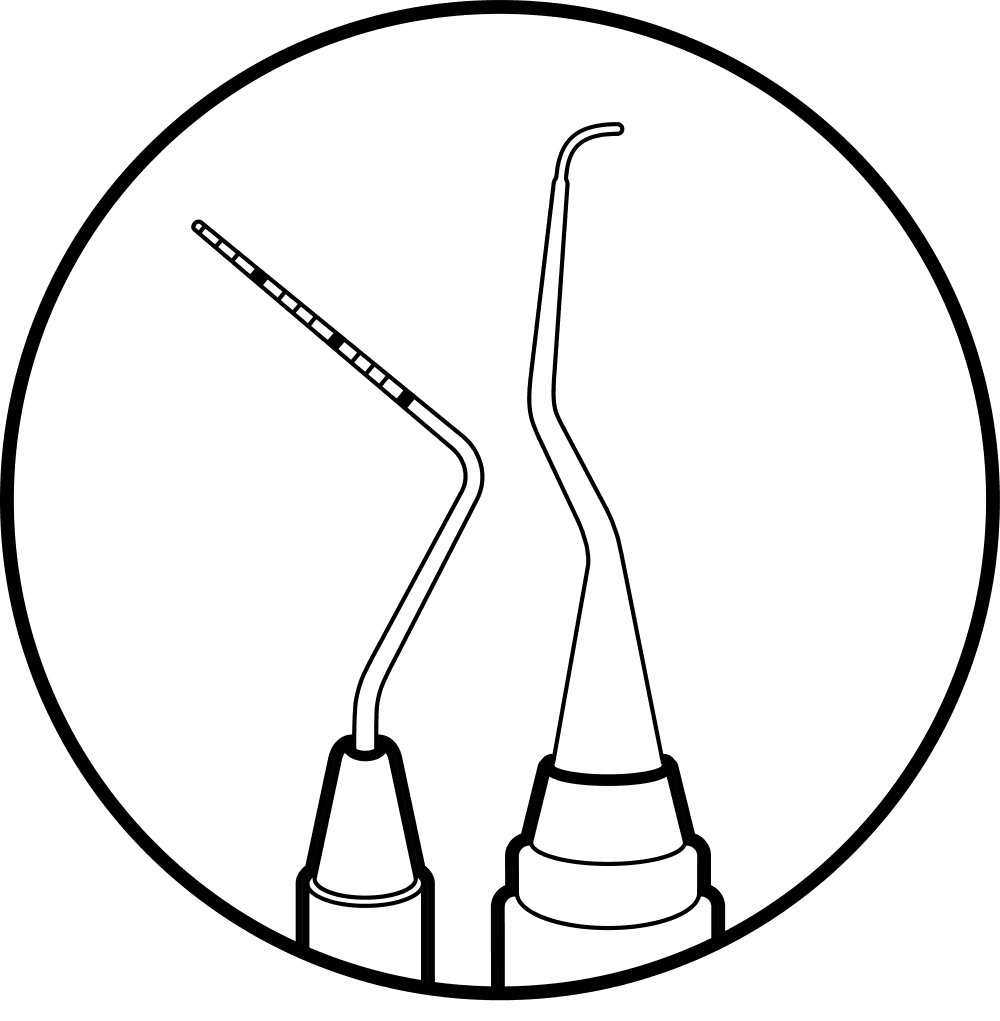Knightsbridge London
Dental Hygiene
Prevention and rehabilitation for gum disease
The scrape of instruments against enamel, cold water, and occasional sensitivity make hygiene appointments a source of dread for many patients.
At our London practice, our hygienists are trained in nervous patient care and take a gentle, thorough approach. Complimentary gas and air transforms your cleaning into a genuinely relaxing experience.
FEATURED ON:
Melody Sery
10/10 service, super friendly staff and luxury experience. My hygienist Anna gave incredible advice for my teeth and I left feeling really pleased with the result. Taya the receptionist
Callum O’Reilly
I had a great experience here for my cleaning and whitening. From arrival I was checked in by Julija, offered the best hospitality whilst waiting, and taken to meet
Mark Young
I wanted to thank your entire staff and particularly you Dr. Must admit you have a wonderfully decorated practice. You ought to be proud of yourself. It’s with a
Cheryn Treichel
Fantastic experience from the moment I walked in. Dental visits are not my favourite but I was made to feel welcome, comfortable and at ease from the moment I
Nana Ocran
I have had my teeth cleaned at various dental clinics in the last three years and it is quite easy for me to say, my experience today with Guided
D Miles
I went to Serene dental clinic for the first time for a hygienist appointment using guided biofilm therapy with Dr Deepti Katechia who is a dentist there she was
Rachael Pearson
Walking into this dental clinic, was like walking into a luxury Spa reception. The decor is beautiful & relaxing & the reception staff so very friendly & the atmosphere
Alicia Irvine-MacDougall
Lovely, friendly and professional staff. Left with sparkling white, clean teeth.
Rebecca Handley
Fantastic Guided Biofilm Therapy treatment at Serene. The practice specialises with Nervous Patients and I couldn't have wished for a better service.
Sabrina Adib
I had a session with Sakina and I must admit she did an excellent job ! She made me feel really at ease and comfortable as I get anxious
Imran M
Very good clinic and great session with Anna the Hygienist. Normally I need Topical Anaesthetic but not here!
Julie Hopkins
Anna is a wonderful hygenist - simply the best!
Jamie Nichols
Another fantastic appointment with Anna Middleton! Top class service, advice & an amazing GBT clean.
T B
I’ve had the best experience as a patient in this dental practice. For each appointment I have, I’m always excited to attend as I am always treated with a
ac
Dr Safa, Dr Ali and the rest of the team couldn’t be more professional, friendly and calming - i’m a very Nervous Patient and felt completely at ease throughout
Azhar
Dr Safa Al-Naher was exceptionally helpful when I attended for a dental appointment today. Her kindness, expertise and understanding of my dental condition was exemplary. Her manner was extremely
Jessica Bishop
I really enjoyed my experience here. I had an appointment with the hygienist, and the whole experiencing was very relaxing and the staff were very welcoming and kind.
At our London practice, our hygienists are trained in nervous patient care and take a gentle, thorough approach. Complimentary gas and air transforms your cleaning into a genuinely relaxing experience.
There 3 main forms of Dental Hygiene
Routine dental hygiene
Routine dental hygiene uses manual hand scalers or ultrasonic scalers to scrape off visible plaque and hardened tartar (calculus) from above and below the gum line. This is a largely reactive process focuses on visible established debris. It can be quite painful.
What is Guided Biofilm Therapy?
Your hygienist will use AirFlow® technology to clear away all bacteria (biofilm) present, which may contribute to tooth decay and gum disease in the future.
Airflow
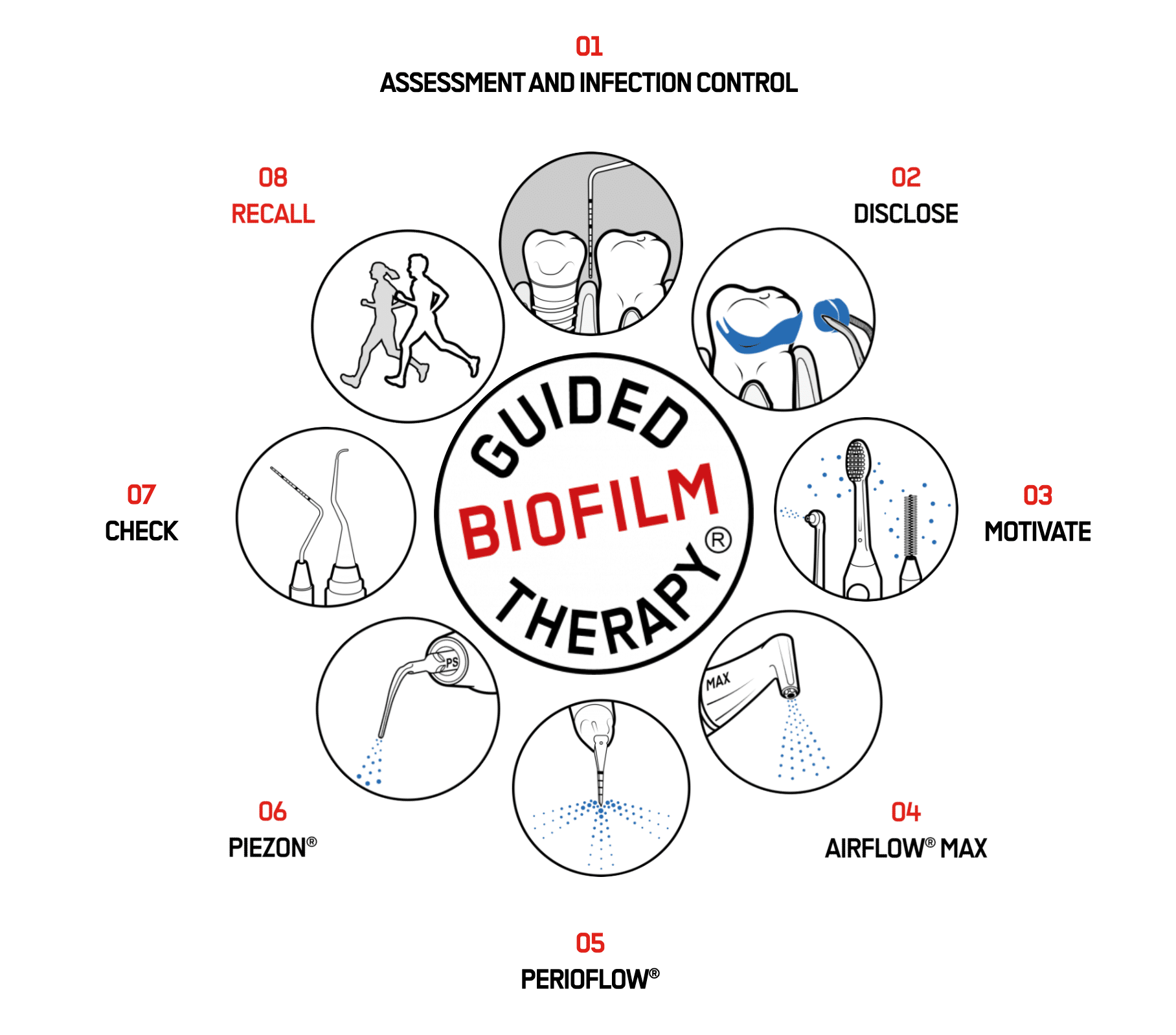
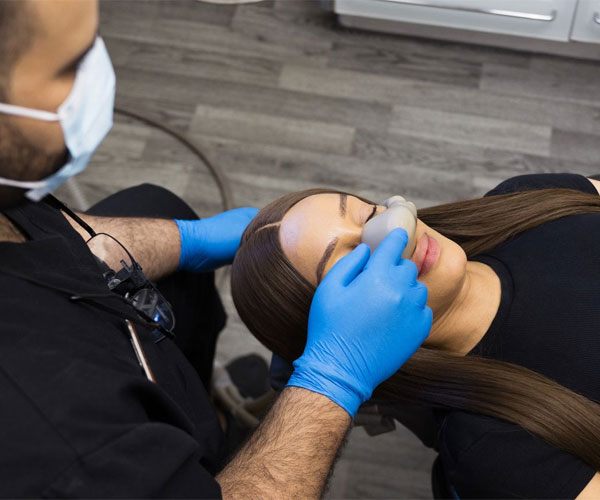
Calm care for nervous patients
No-pressure consultations
Treatment at your pace
Stop-anytime control
Complimentary gas and air available for nervous patients
What are the benefits of Guided Biofilm Therapy?
Not only is this technique highly effective, but Guided Biofilm Therapy is minimally invasive and gentle, meaning that you can be confident, content and relaxed during treatment. Airflow® is so gentle, it can be used on natural teeth, braces, and implants with ease.
Guided Biofilm Therapy (GBT) is the gold standard advanced 8 stage systematic process to remove biofilm, plaque, and stains. Although it is the most effective form of dental hygiene, it is minimally invasive, so is the most gentle. The protocol is designed to be proactive, targeting biofilm early to stop it from becoming harmful, focusing on both disease prevention and maintaining oral health over time
GBT focuses on long-term prevention. By systematically managing biofilm and monitoring its presence over time, GBT helps patients avoid issues like gum disease, tooth decay, and implant complications. It also emphasizes patient education and home-care habits to reduce biofilm buildup between visits.
It is suitable for all patients, with periodontal disease, braces, dental implants and particularly those with sensitivity.
Results using GBT
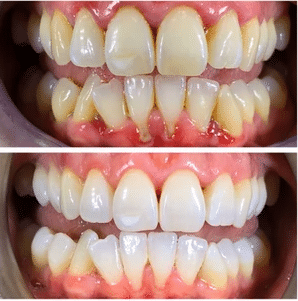
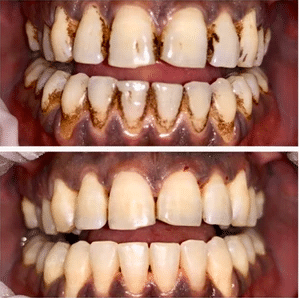
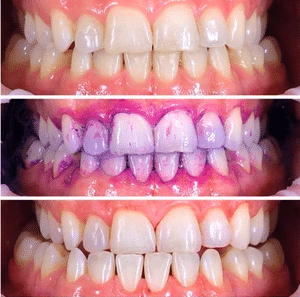
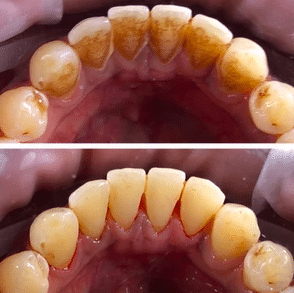
How can Serene by Dr Safa help?
If treatment is required, your dentist/hygienist will clean your teeth for you. During this visit, they will remove any calculus (hard build-up that with brushing alone cannot be removed). You’ll then be given an in-depth tutorial to keep gums in a tip-top condition that will be reviewed regularly until your clinical gingival health is restored. Think of your gums as the foundation upon which a great smile sits.
Your comfort always comes first
Complimentary gas and air for nervous patients
Stop-at-any-time hand signals
Clear explanations before each step
Gentle, unhurried appointments
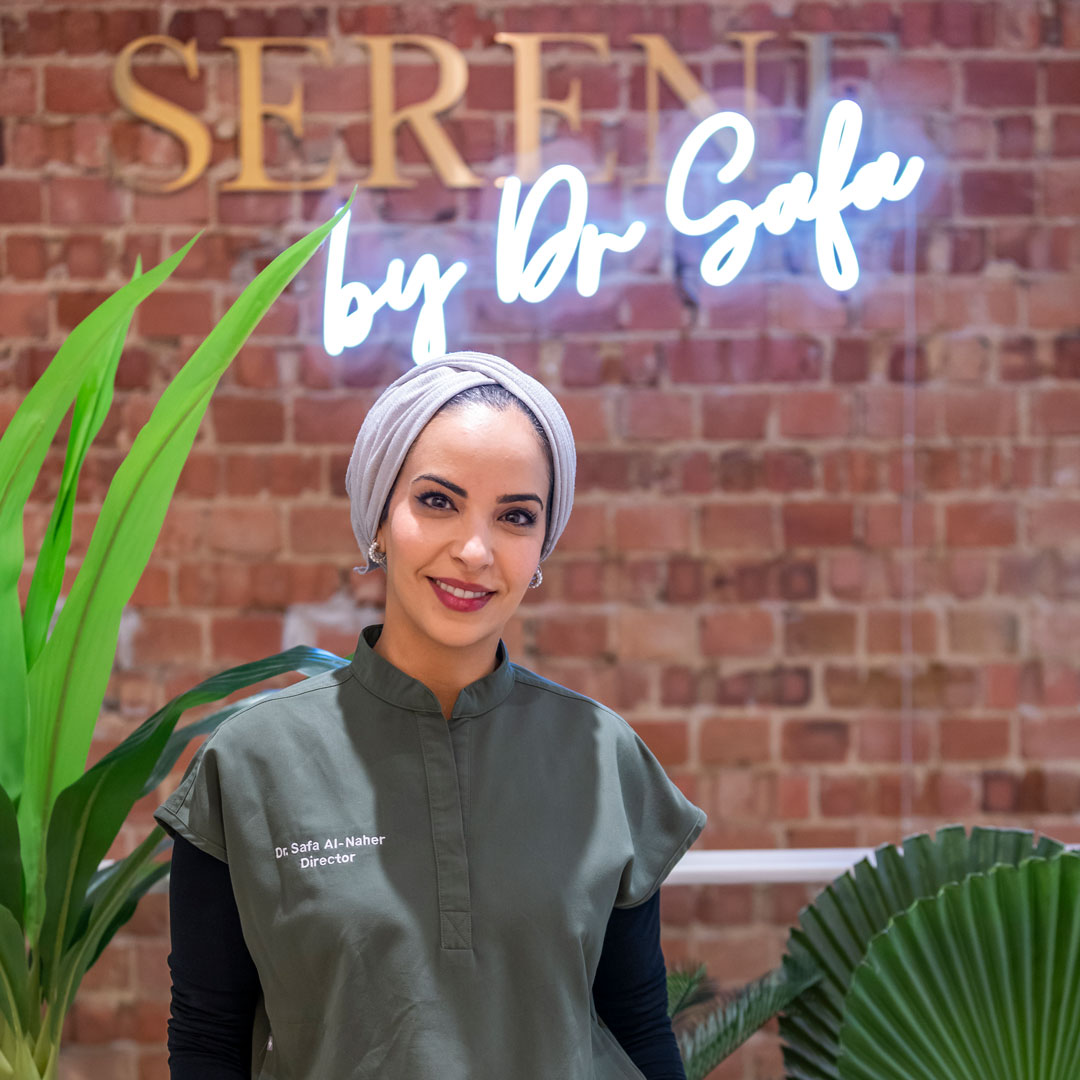
Start your treatment feeling relaxed and supported
Book a calm, no-pressure consultation at Serne Dental
(Complimentary gas and air available for nervous patients)
Benefits Guided Biofilm Therapy
Unlike to routine dental hygiene, GBT focuses on long-term prevention. By systematically managing biofilm and monitoring its presence over time, GBT helps patients avoid issues like gum disease, tooth decay, and implant complications. It also emphasizes patient education and home-care habits to reduce biofilm buildup between visits.
Importance of Dental Hygiene?
Dental hygiene is crucial for maintaining both oral health and overall well-being. Here are key reasons why dental hygiene is so important:
Prevention of Tooth Decay and Cavities
- Regular brushing, flossing, and professional cleanings help remove plaque, a sticky film of bacteria that forms on teeth. If left untreated, plaque can harden into tartar, leading to tooth decay and cavities.
- Maintaining good dental hygiene helps to prevent the formation of cavities, which can lead to tooth damage, pain, and more extensive dental treatments like fillings or crowns.
Avoiding Tooth Loss
- Gum disease and untreated cavities can eventually lead to tooth loss. Consistent dental hygiene, including regular visits to the dentist, helps to preserve the natural structure of your teeth and prevent tooth loss from decay or periodontal disease.
- Once a tooth is lost, it can impact chewing, speech, and cause shifting of other teeth, leading to more serious complications.
Maintaining Fresh Breath
- Poor dental hygiene often results in bad breath (halitosis), caused by the buildup of food particles and bacteria in the mouth. Regular brushing, flossing, and dental cleanings remove these particles and reduce bacteria that contribute to bad breath.
Enhancing Aesthetic Appearance
- Good dental hygiene helps keep teeth white, clean, and stain-free. Regular brushing and professional cleanings remove surface stains caused by foods, beverages (such as coffee and tea), and habits like smoking, helping to maintain an attractive smile.
Prevention of Tartar Buildup
- Plaque, when not regularly removed, hardens into tartar (calculus), which can only be removed by a dentist or hygienist. Tartar can cause both gum disease and tooth decay. By practicing good oral hygiene, you minimize plaque buildup and prevent the formation of tartar.
Prevention of Gum Disease (Periodontal Disease)
- Gum disease is one of the most common consequences of poor dental hygiene. It begins with gingivitis, characterized by red, swollen, and bleeding gums, and can progress to periodontitis, where the gums and supporting bone are damaged.
- Proper brushing and flossing help remove biofilm and bacteria from the gum line, reducing the risk of infection, inflammation, and ultimately, tooth loss.
Early Detection of Oral Health Issues
- Regular dental hygiene appointments provide an opportunity for early detection of potential oral health problems, such as:
Cavities: Gum disease, Oral infections, Oral cancer. - Early detection often leads to simpler, more effective treatments, preventing the progression of oral health issues into more severe problems.
Systemic Health Benefits
- Research shows a strong connection between oral health and overall health. Poor dental hygiene can contribute to or worsen several systemic health conditions.
Improved Confidence and Quality of Life
- A healthy smile contributes to self-confidence and can positively impact social and professional interactions. Dental hygiene helps maintain a bright, clean smile, improving how you feel about your appearance.
- Additionally, maintaining oral health reduces the likelihood of discomfort or pain from dental issues, improving your overall quality of life.
Saving Money in the Long Run
- Preventive dental hygiene practices, such as regular cleanings and exams, are far less expensive than treatments for advanced dental problems like root canals, extractions, gum surgeries, or dental implants.
- Consistent oral hygiene can help avoid costly and invasive dental procedures by preventing decay, gum disease, and other complications from developing.
